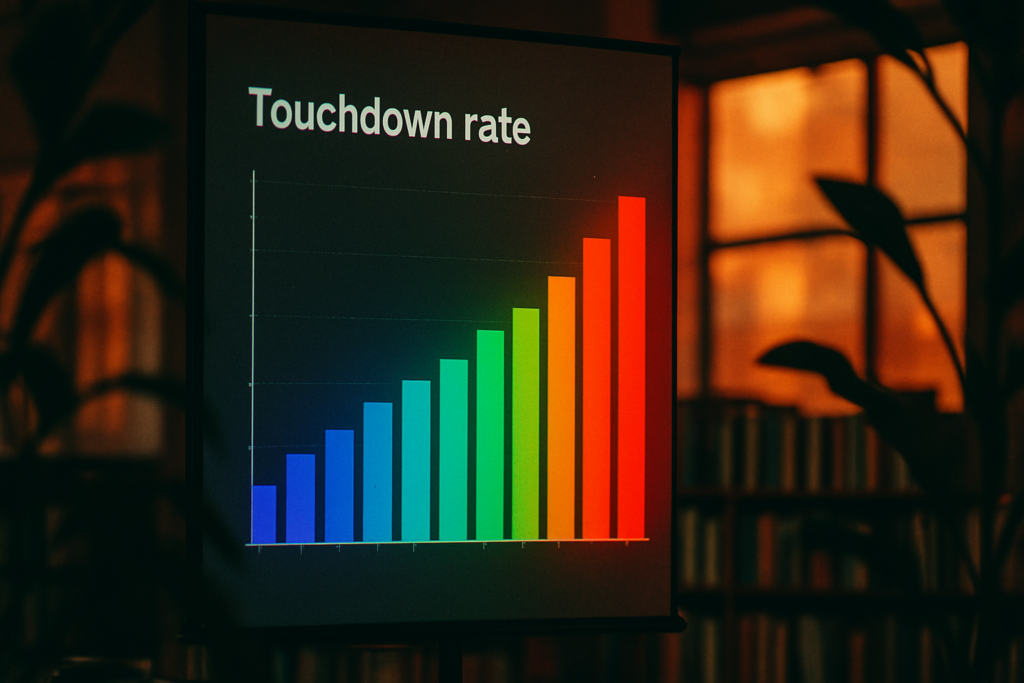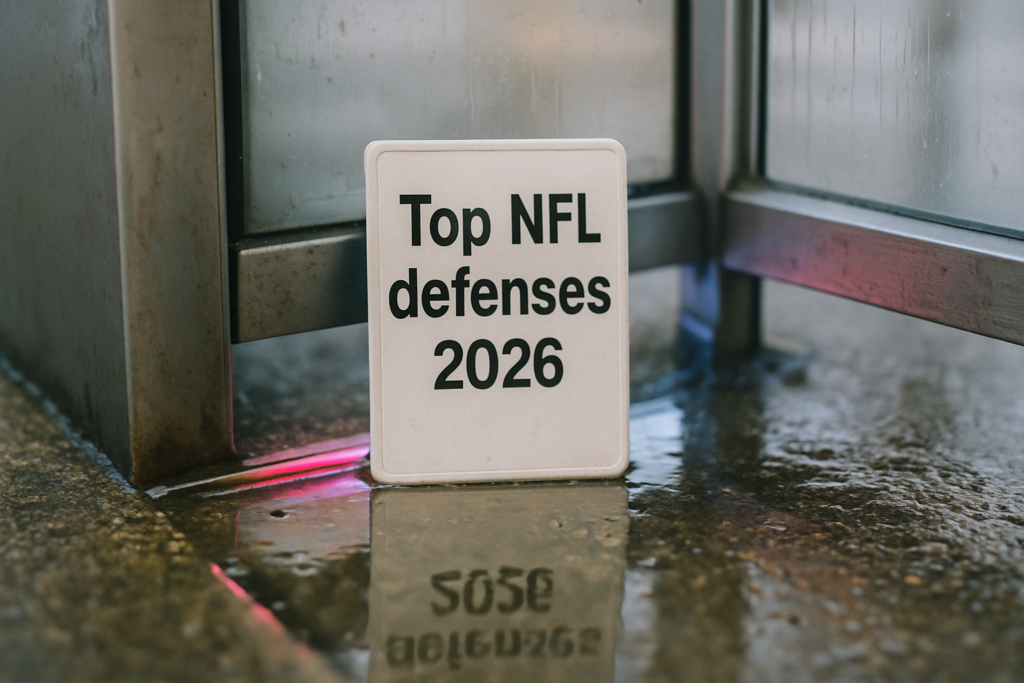8339014159 and Carrier Response
Many cellular carriers now alert users automatically when a suspected spam call rings in. You’ll see “Scam Likely” or similar on your screen. But it’s not 100% reliable.
So what are carriers doing about numbers like 8339014159?
Some have implemented broad filters and AIpowered prevention tools (like AT&T Call Protect or Verizon’s Call Filter), but scammers evolve constantly. Blocking one number only fires up a new spoof. That’s why users need to be smart and active in their own defense.
What Is 8339014159?
First off, 833 is a tollfree area code in North America. It’s used by businesses, government agencies, help lines—basically, anyone trying to offer free inbound calls to customers. But not all tollfree numbers are equal. While legitimate companies use them to improve customer communication, scammers also take advantage of the “tollfree” appeal to push phishing attempts under the radar.
That means if you get a call or text from 8339014159, treat it with measured caution. It could be a real customer service number or a shady robocall trying to extract personal information.
Common Reports About 8339014159
People have reported a variety of contacts from this number. Some say it rings a couple of times and then hangs up. Others claim it’s associated with fake tech support, “urgent account alerts,” or automated surveys demanding input. In most of these cases, the call urges quick action—a classic pressure tactic in the scam playbook.
What makes this number suspicious to many users isn’t just the call itself—it’s how it behaves afterward. Returning the call might lead to an automated menu asking for sensitive info, or worse, high call fees if routed through international transfers masked by a tollfree ID.
How to Protect Yourself
Getting a call from 8339014159 doesn’t mean you’re doomed. But it does mean you should keep your guard up.
Here’s how to play safe: Don’t answer unknown calls. Let them go to voicemail. Legit sources usually leave a message. Don’t share personal info. No bank, government office, or real company will ask for full SSNs or card numbers over the phone. Use callblocking apps. Services like Truecaller, Hiya, or your carrier’s spam protection help screen sketchy numbers. Check it online. A quick search like “Who called from 8339014159?” can give you instant clarity through community reports.
The Psychology Behind TollFree Scams
Why do scammers choose numbers like 8339014159? Simple: they look official. The average person won’t secondguess a tollfree number. It feels bigger, like a corporate or government entity. Combine that with urgency and a robotic tone, and it’s easy to catch people off guard.
Plus, with spoofing tech, scammers can mask fake origins under something like 8339014159, making it harder to trace or report.
What to Do If You Answered the Call
Already picked up a call from 8339014159? No need to panic. Here’s the stepbystep if you said more than “Hello” or took the bait:
- Hang up immediately if something feels off.
- Don’t follow prompts. Avoid button presses or voice commands they ask for.
- Run an antivirus scan if you clicked any links they sent via text.
- Change your passwords if login credentials were shared.
- Report the number to FTC (in the U.S.) or equivalent cybersecurity agencies.
It takes less than 10 minutes but could prevent much bigger headaches.
How to Know If It’s Real
If you suspect the number might be from a legit source—maybe your bank, Amazon, or a government hotline—go independent.
Don’t call back or click on phone links. Instead, go to the official website of the company or organization and use the contact info listed there. Compare it to 8339014159. If it doesn’t match, you’ve likely avoided a phishing attempt.
Final Thoughts: Treat 8339014159 Like a Warning Sign
You don’t have to block every call from an unknown source, but you do need a skeptical filter. If a number like 8339014159 shows up on your screen, apply these rules:
Don’t answer unless you’re expecting it. Never give out info unless you initiated the contact. Use apps and online forums to track number reputations.
Digital security isn’t about paranoia—it’s about discipline and awareness. Take the 2 minutes to investigate and you’ll avoid the 2 weeks of regret.





